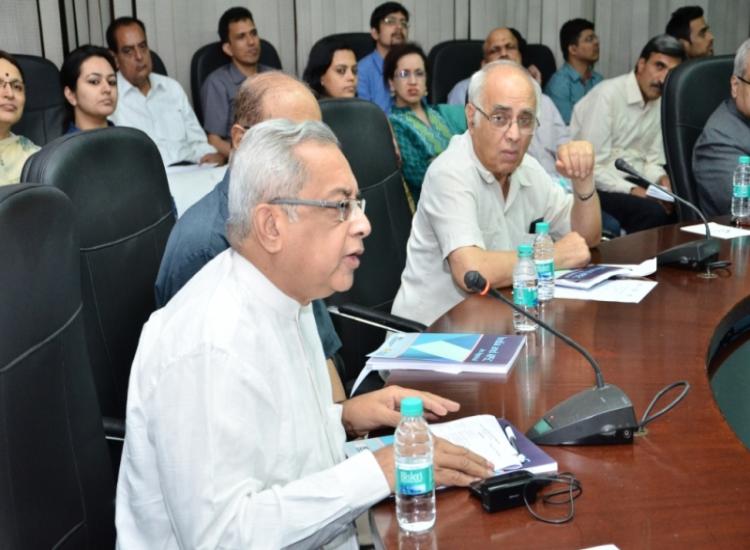WELLINGTON, Oct 7 (NNN-XINHUA) – More work has to be done by APEC member economies, to ensure an open and predictable environment for access to services markets, said a new report issued today by the APEC Policy Support Unit.
The report noted that the region underperformed over the past four years, and is lagging behind its targets.
Under the APEC Services Competitiveness Roadmap, endorsed by leaders in 2016, member economies agreed to reduce restrictions to services trade and investment, as well as, increase the share of services exports and overall trade in services by 2025. But, progress has been uneven and the pandemic will likely exacerbate this setback.
A mid-term review released by the APEC Policy Support Unit, shows, while some service sectors have become more open in the last four years, such as logistics cargo handling, customs brokerage, maritime transport and freight forwarding, others have become more restrictive, such as road and freight transport, accounting and air transport.
“The data shows mixed progress in efforts to make the region more open, in supporting services trade and investment,” said Denis Hew, director of APEC Policy Support Unit.
“There are many contributing factors for these constraints, including restrictions on foreign entry, barriers to competition, regulatory transparency and regulations affecting the movement of people,” he said.
The report highlights that APEC’s share of total world services exports has declined from 38.8 percent in 2016, to 38.1 percent in 2019, which means that APEC has decreased its trajectory and has to ramp up services exports rapidly, if it wishes to increase its global share of services exports by 2025.
On trade in commercial services, the data showed, APEC registered an increase from 3.93 trillion U.S. dollars in 2016, to 4.58 trillion dollars in 2019, reflecting a compound annual growth rate of 5.3 percent, which is lower than its target of 6.8 percent or more.
Services are critical for most economies, as they provide the bulk of economic activities and employment. In most APEC member economies, services make up more than 50 percent of gross domestic product (GDP).
Collectively, services comprise around two-thirds of APEC’s GDP, and more than half of total employment, in 15 APEC economies, over the last 10 years, driven by this sector.
“COVID-19 has particular implications for the services sector, given the importance of personal contact for some types of services trade, and the difficulty of maintaining physical contacts, in light of social distancing measures, as well as, travel restrictions,” said Andre Wirjo, an analyst at the APEC Policy Support Unit and author of the report.
“The containment measures put in place by economies in response to the COVID-19 pandemic led to a significant drop in the value of trade, including commercial services.”
Firms that are able to conduct cross-border trade in services during the pandemic, are more successful and resilient. This shows the importance of digital trade and data flows in boosting competitiveness.
“The ability to shift online has been among the key success factors in responding to the crisis. We need to realise the critical role of the digital economy within the global value chains and seek to encourage policies that foster access, bridge the digital divide, and avoid barriers to the digital economy,” Wirjo added.
Structural reform efforts, such as those aimed at reducing administrative burdens and enhancing small businesses’ competitiveness, also play a key role in opening the services sector further, to cross-border competition and creating a seamless APEC market place.
“This action would also help support economic recovery, enhance business resilience and drive productivity,” Wirjo concluded.– NNN-XINHUA




